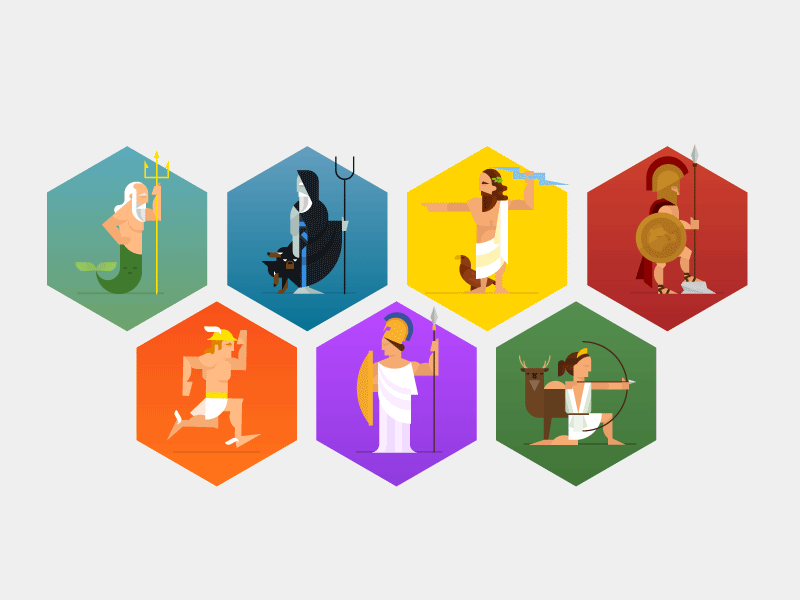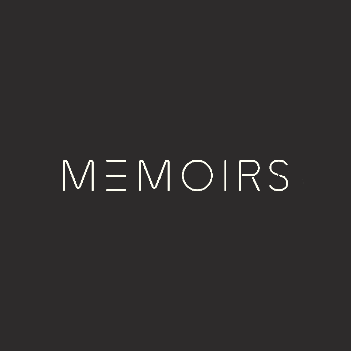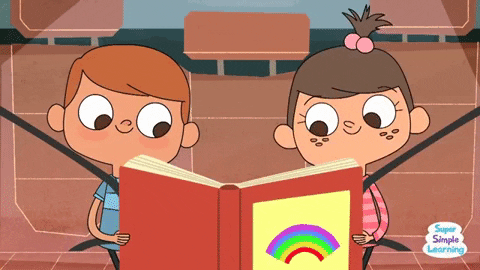In the hallowed halls of Mount Olympus, where the gods convened, a spirited discussion unfolded. Athena, the goddess of wisdom, posed a question that echoed through the marble chambers, “What, dear gods, is the essence of these 'vintage classics' that mortals hold in such high regard?”
Zeus, the mighty ruler, pondered with a thoughtful expression. “They are the echoes of the past, tales woven with the threads of time. Mortals have learned and evolved through the stories etched in these ancient tomes.”

Hermes, the fleet-footed messenger, added with a mischievous glint, “Ah, the origin of books! I remember delivering the first scrolls to the scholars of Alexandria. The written word became a gift, a treasure that could be shared and preserved.”
Apollo, the god of arts and letters, chimed in, “Indeed, the impact of books on humankind is immeasurable. They are not mere scrolls; they are portals to other worlds, vessels of knowledge, and conduits of imagination.”
Athena nodded, “But what of historical fiction? Mortals seem drawn to stories that blend facts with the whims of creativity.”
Poseidon, god of the seas, spoke with a booming voice, “Historical fiction is like the ebb and flow of the tides. It allows mortals to navigate the currents of the past while exploring uncharted waters of imagination.”

Artemis, the huntress, shared her perspective, “And what of mythology books? Stories of gods and heroes, like ourselves, are preserved in these volumes. They inspire mortals to reach for greatness.”
Hera, the queen of Olympus, added, “Books have become a bridge between mortals and gods. Through them, humans understand the divine, the heroic, and the complexities of their own nature.”
As the divine discourse continued, the gods marveled at the power of vintage classics, acknowledging that these tomes were not just collections of pages but vessels of wisdom, carriers of tales that bound generations together.
On Mount Olympus, the gods, who had witnessed the birth of myths and the rise of civilizations, agreed that vintage classics were not relics but living entities that transcended time. The conversation concluded with a divine decree: mortals should cherish, preserve, and continue to create stories that stand the test of time.
In the realm of Olympus and the world below, the echoes of this divine dialogue lingered, emphasizing the enduring magic of vintage classics and the eternal impact of stories on the hearts and minds of humankind.
In the divine conversation, Dionysus, the god of revelry, raised his goblet in a toast. "Vintage classics are like fine wine, improving with age. They allow mortals to savor the nuances of different eras, like the taste of rare grapes."

Hephaestus, the blacksmith of the gods, chimed in, "Books are the forge where ideas are molded into tales. The written word, much like my creations, endures and leaves an indelible mark on mortal culture."
The goddess Demeter, keeper of the harvest, spoke of the growth of knowledge. "Books are seeds planted in the minds of mortals. With each page turned, a garden of understanding blossoms, nourishing the intellect of humankind."
Ares, the god of war, added his perspective, "Even in battle, the significance of stories cannot be ignored. Tales of heroes and triumphs inspire courage on the battlefield. The pen, it seems, is as mighty as the sword."

As the divine dialogue unfolded, the gods contemplated the impact of historical fiction on mortal minds. Athena remarked, "Historical fiction allows mortals to explore the past, unraveling its mysteries and understanding the choices made by those who came before."
Hermes, the ever-curious messenger, had a question, "What of the humans' love for mythology books? Why do they find fascination in the stories of gods and monsters?"
Apollo, with a smile, replied, "Mythology books offer mortals a glimpse into the divine realm. They are not just stories; they are mirrors reflecting the timeless struggles, passions, and lessons that resonate with the human spirit."
In this divine symposium, the gods reveled in the realization that books, whether historical fiction, mythology, or the classics, were a gift to mortals—an eternal flame of knowledge that illuminated the path of humanity.
As the conversation on Olympus continued, the gods acknowledged the profound role books played in shaping the human experience. The divinely inspired dialogue concluded with a unanimous decree: mortals should continue their pursuit of knowledge, for in the realm of books, the divine and the mortal intertwined, creating a tapestry of wisdom that transcended the ages.



